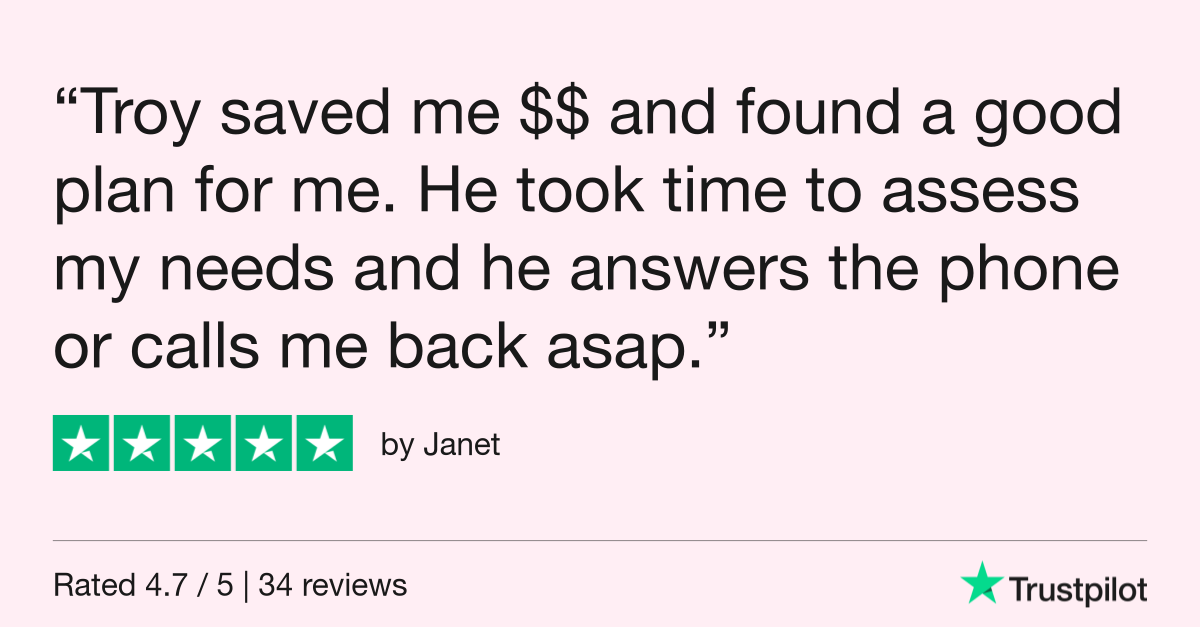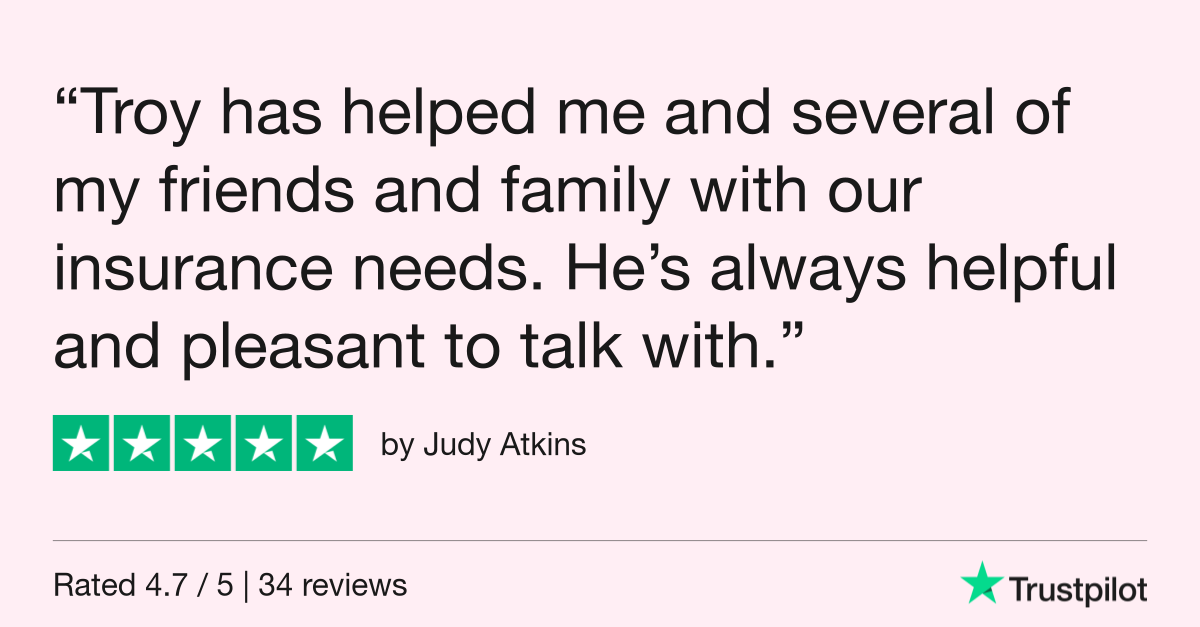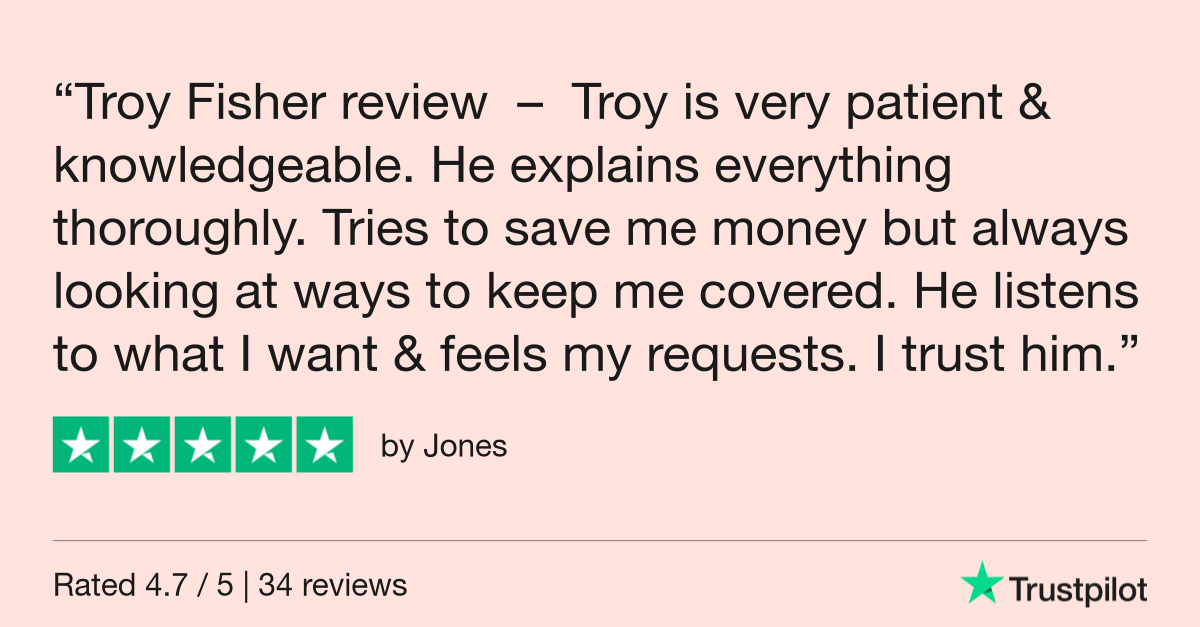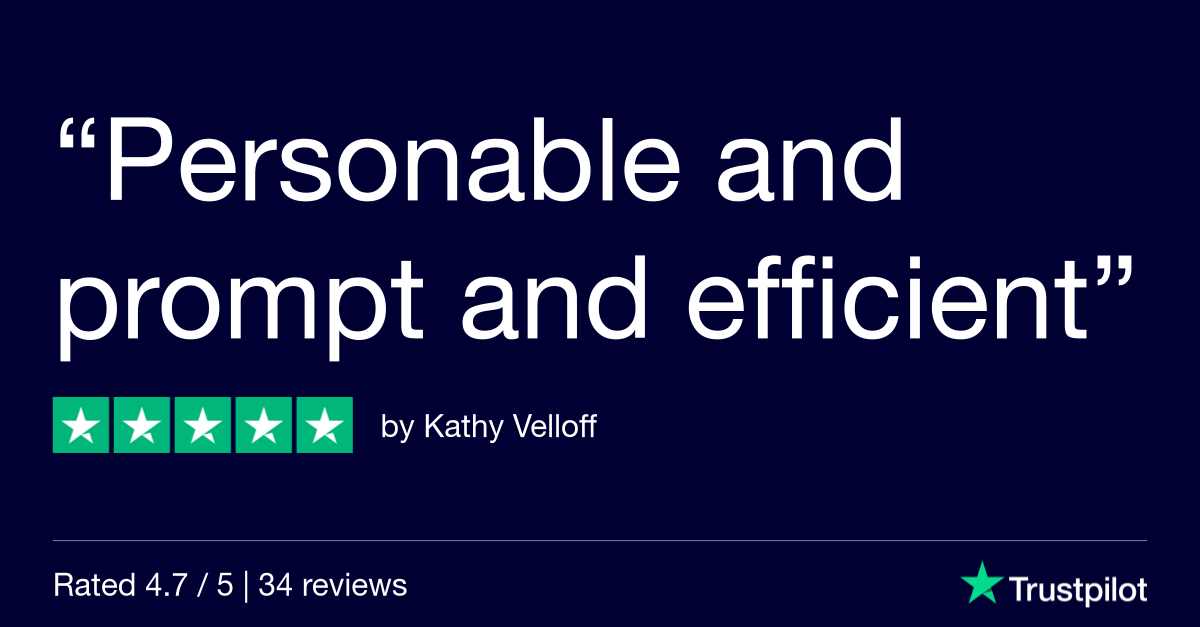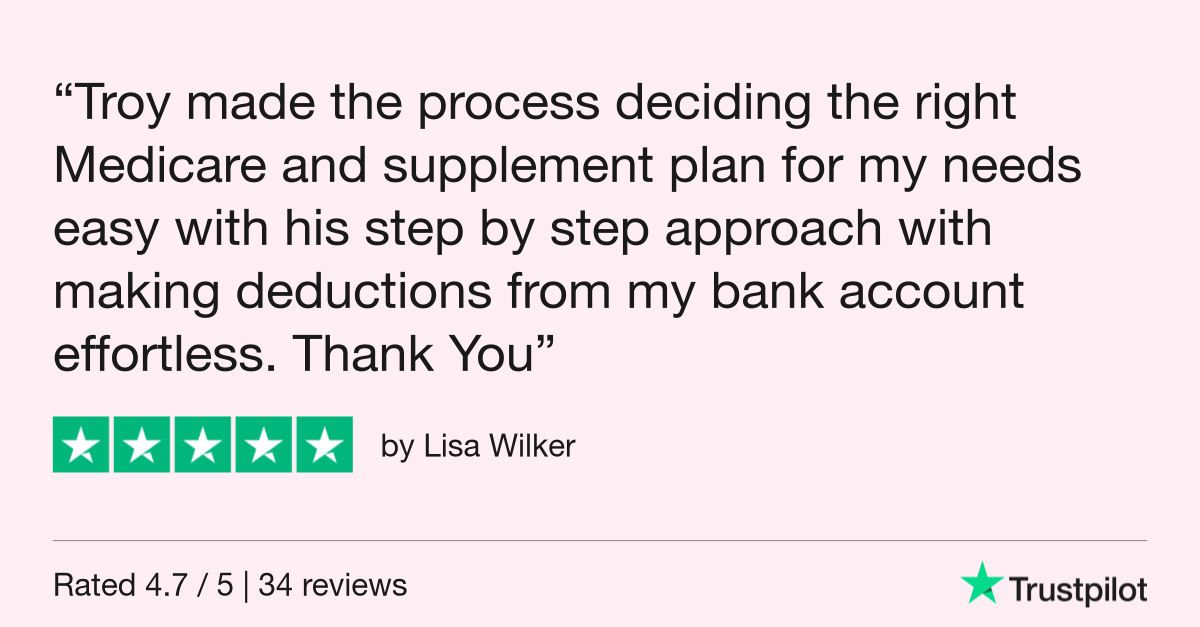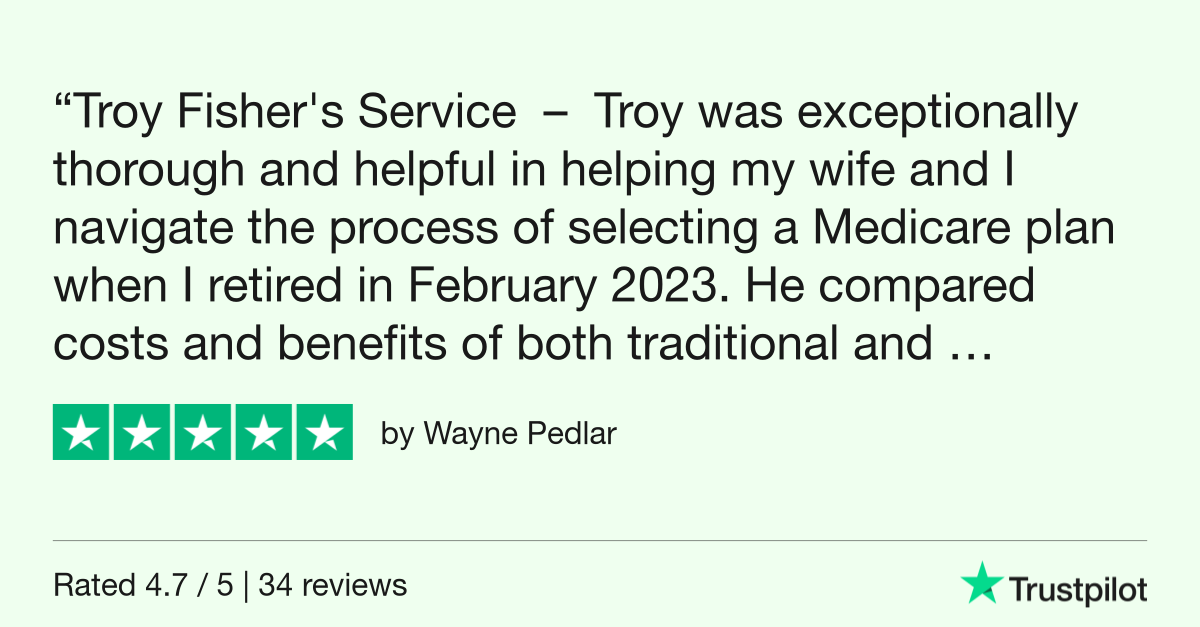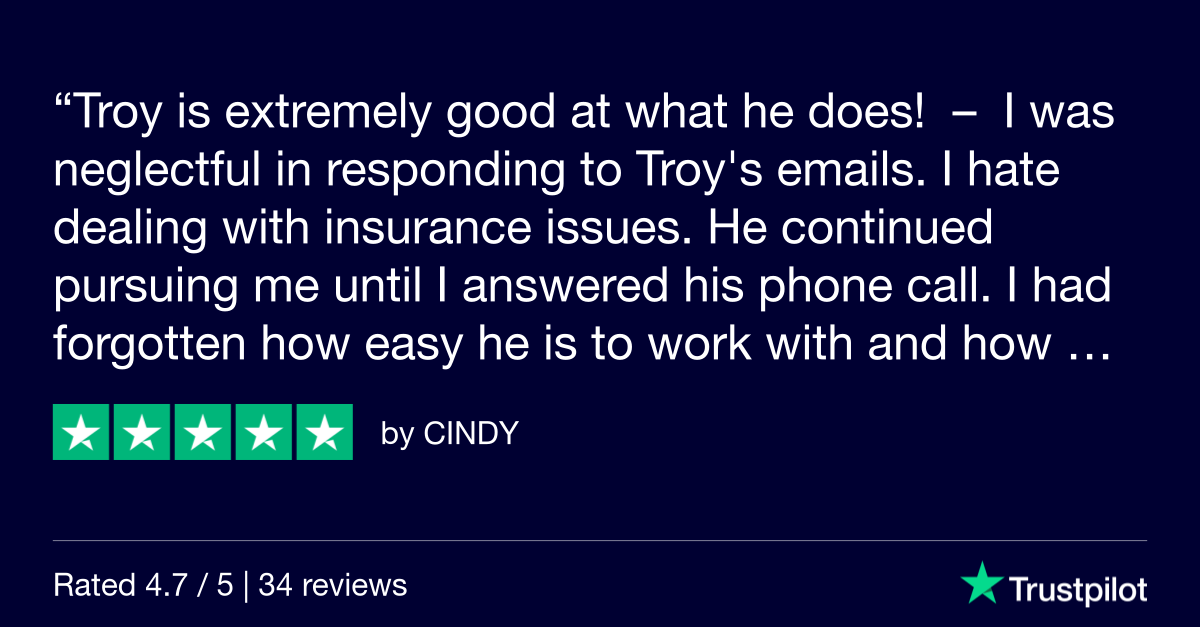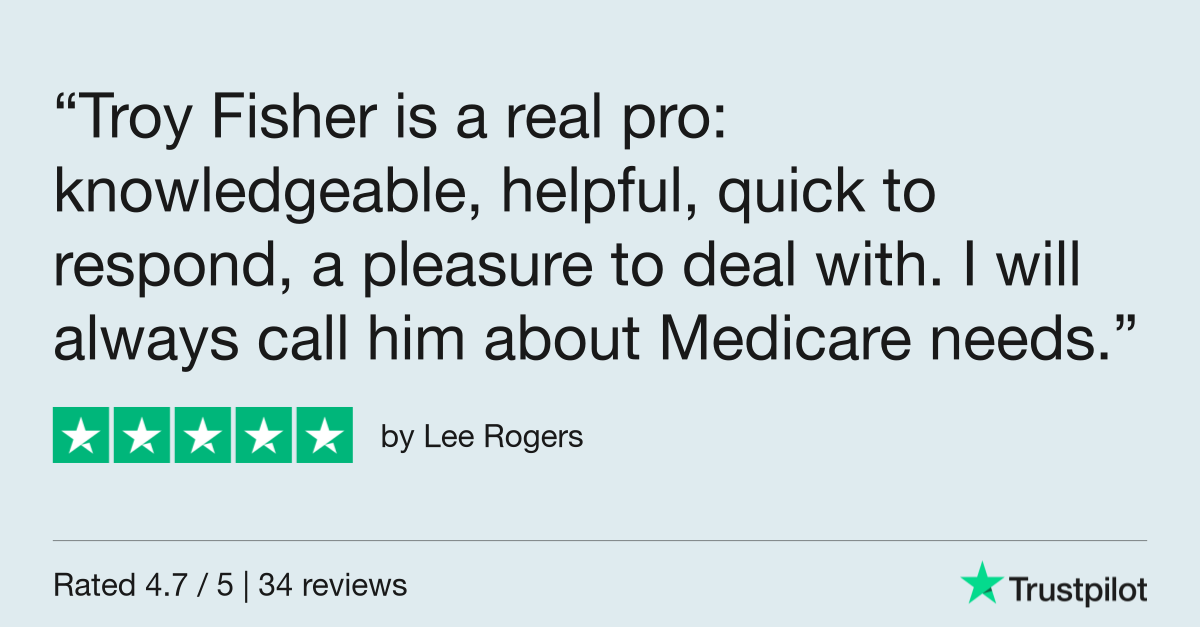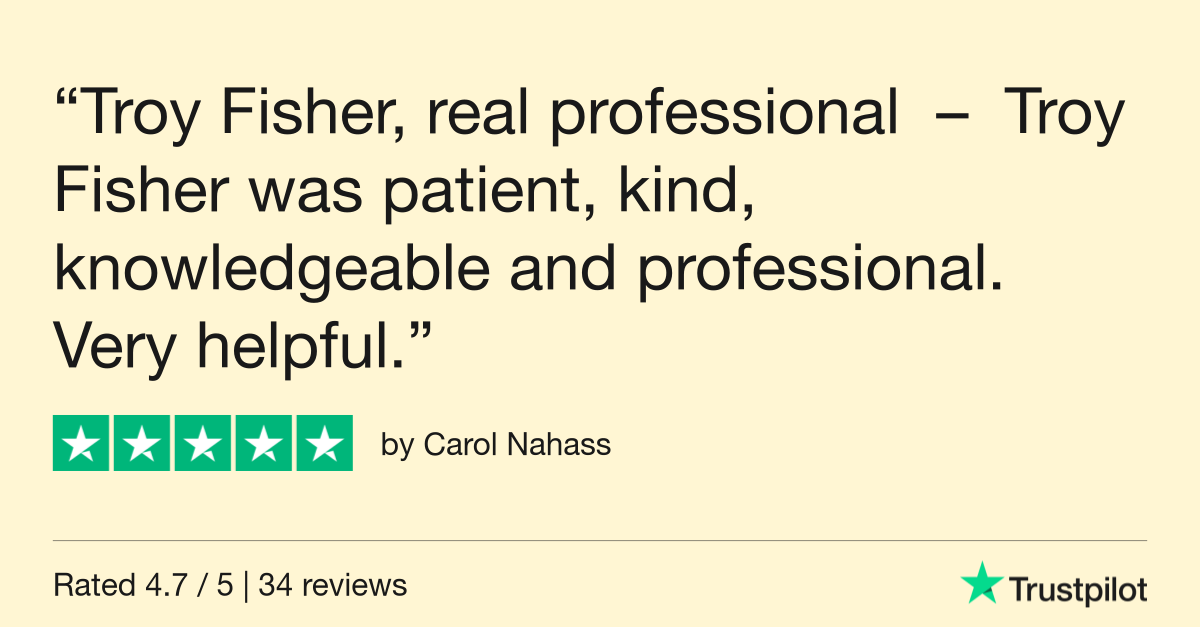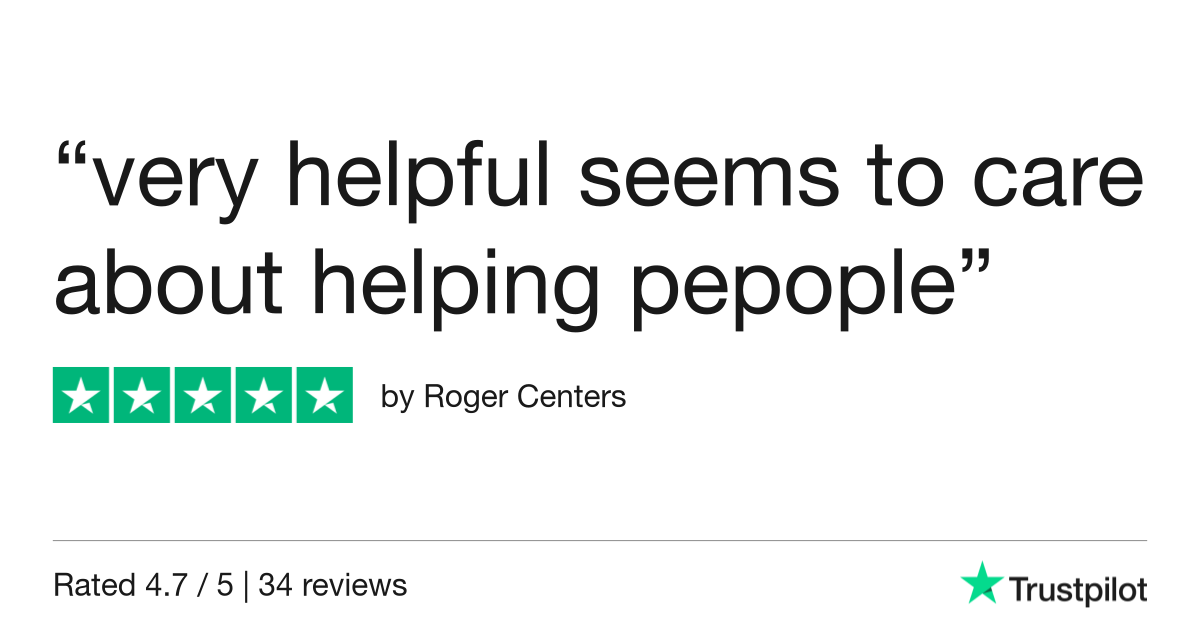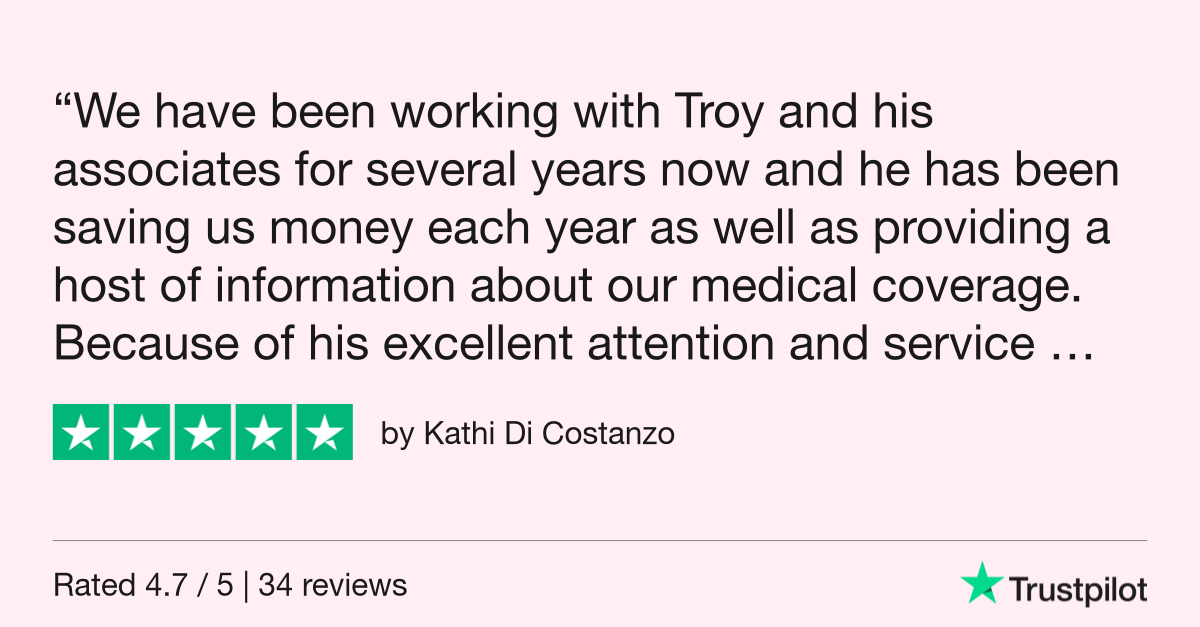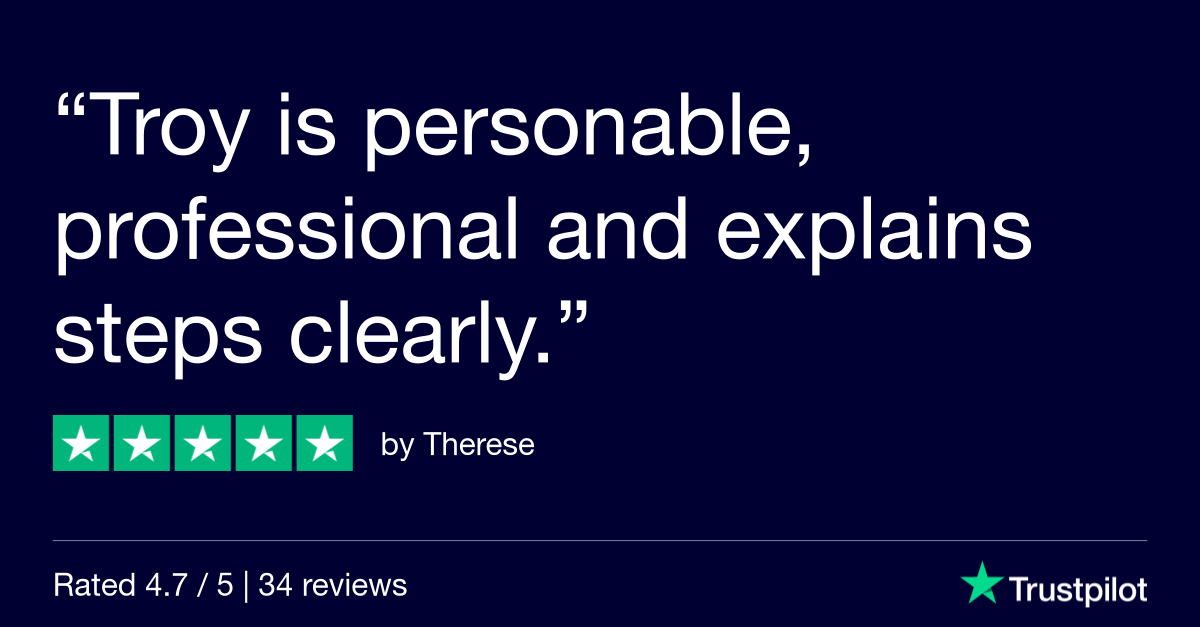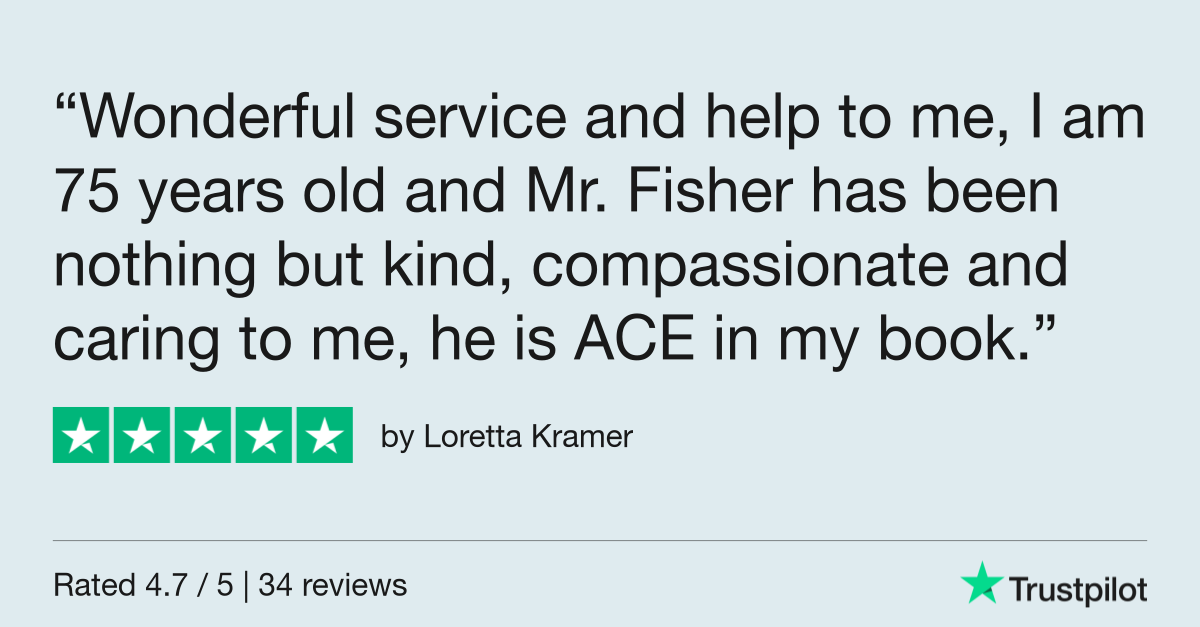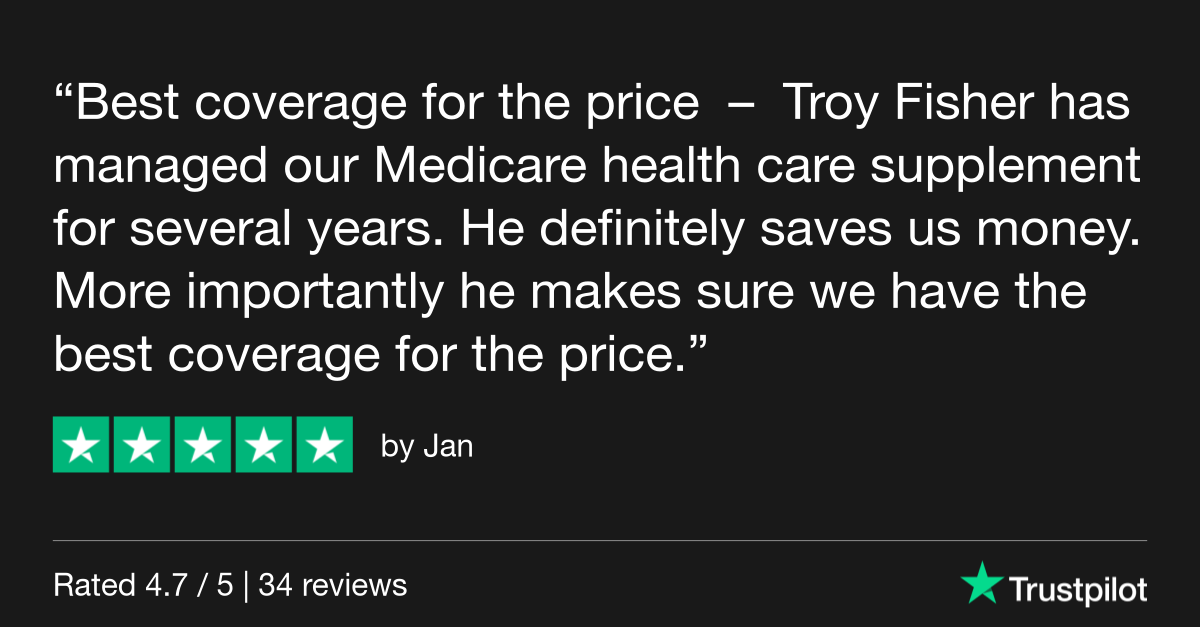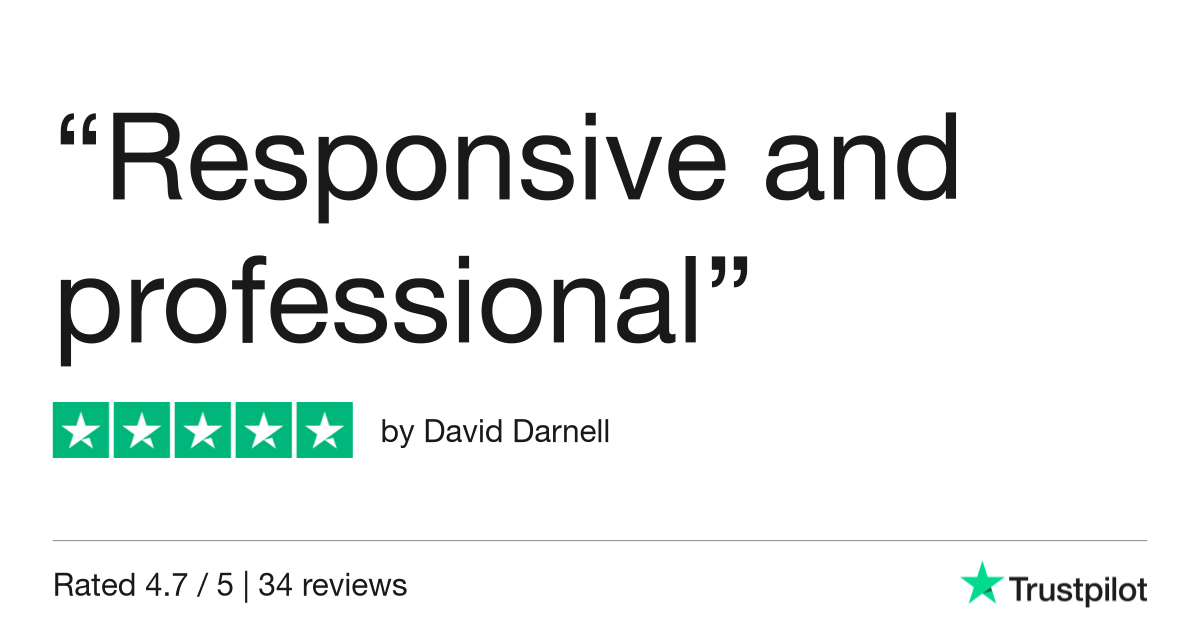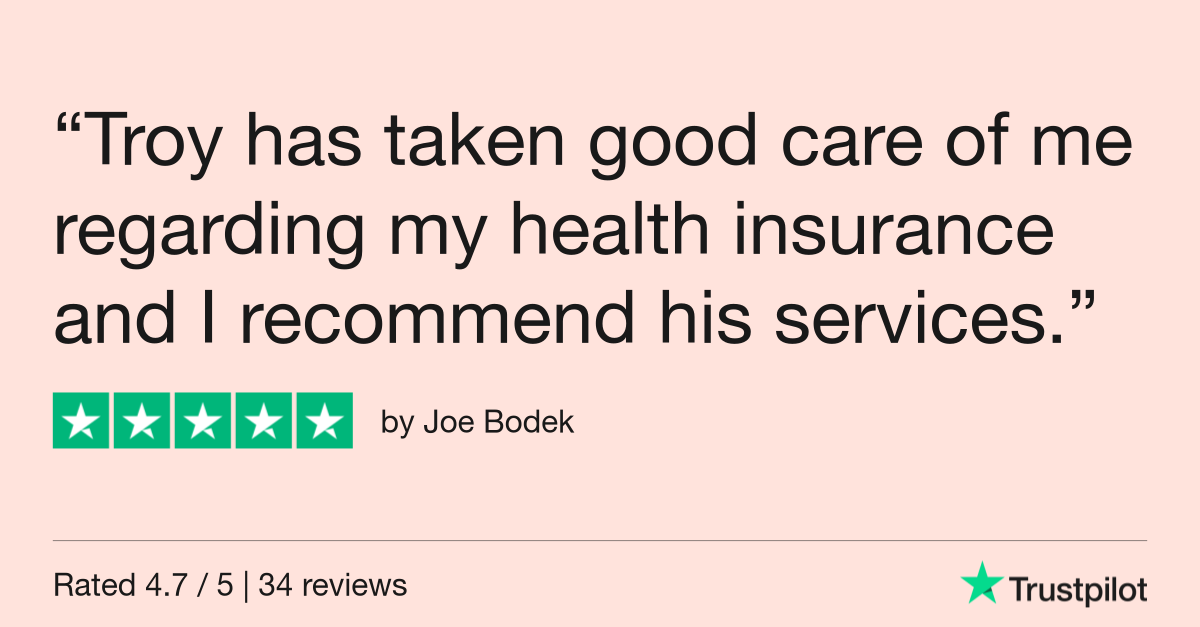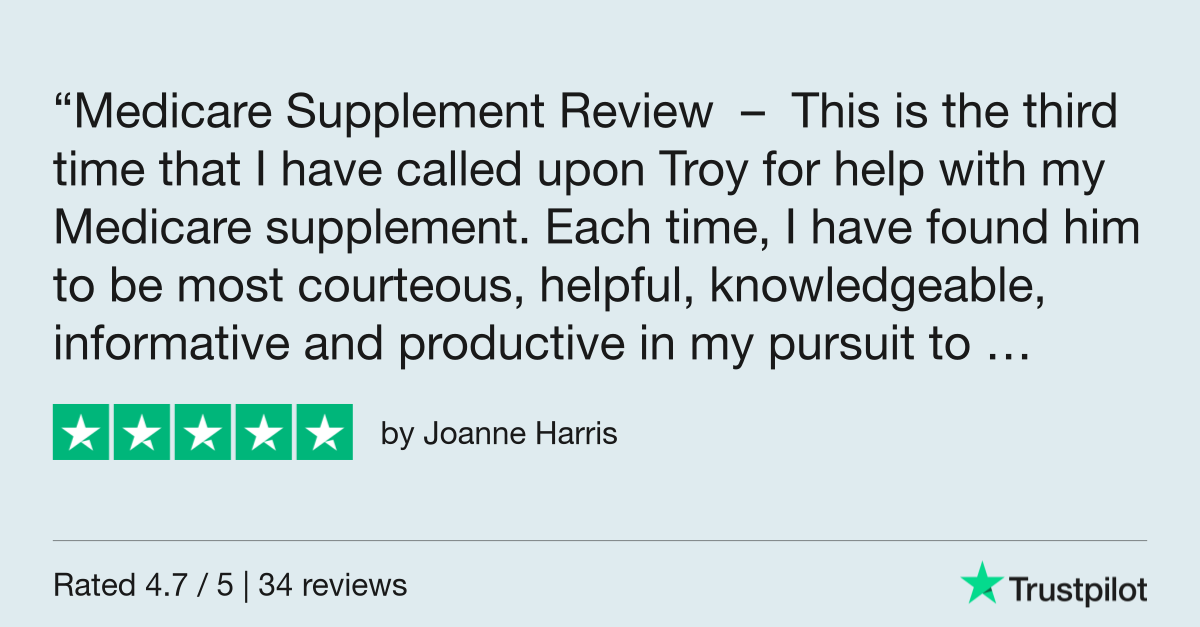Our knowledgeable customer service team will assist you with any questions you may have prior to enrolling in a dental plan. They can guide you through the process of choosing coverage that matches your needs as well as your budget.
- No junk mail. No spam calls. Free quotes.
Get dental insurance quotes & enroll in five minutes or less.
Widest selection of dental plans in the country
Certain plans active in as little as 48 hours
Licensed representatives available to assist
The brands you trust, at a price you can afford



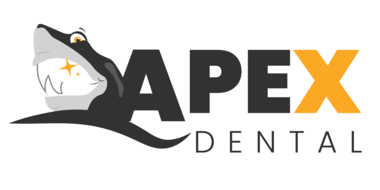
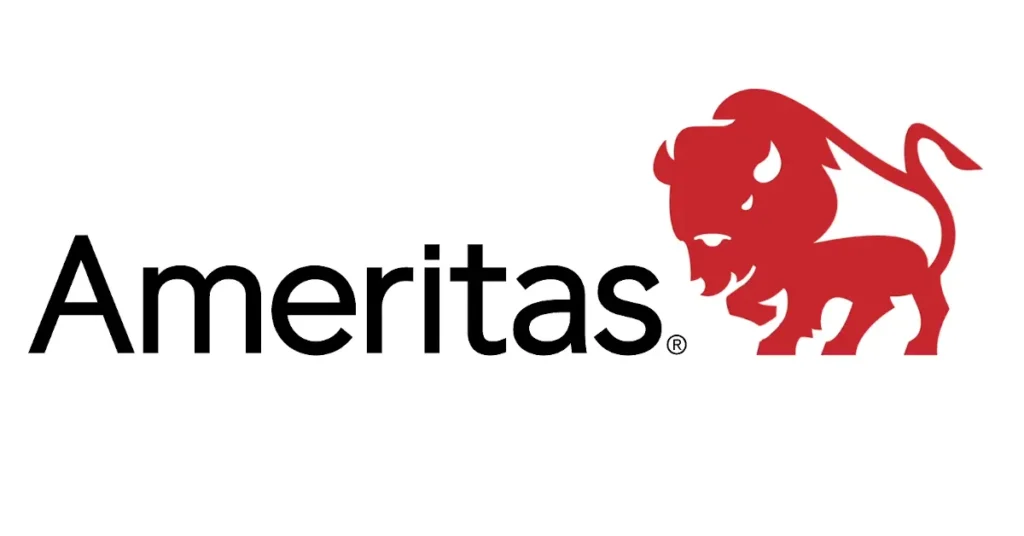

Frequently Asked Questions
Welcome to our FAQ section, created to answer frequently posed insurance questions.
? What Is a Dental Insurance Quote?
A dental insurance quote is a premium estimate for a specific insurance plan. A consumer supplies information on his or her age as well as the zip code where the consumer lives. This allows the system to display the localized rate for the plan. Our website will normally provide multiple dental insurance quotes since we have many plans from which to choose.
Dental insurance quotes are free and come with no obligations. You may also modify them to see how their costs change if you would like to add other family members to your dental coverage.
? Do Dental Plans Pay for Braces?
Orthodontists correct misaligned teeth, and their services include the installation of braces (traditional, ceramic, etc.) and the supply of headgear, and retainers. The majority of dental plans don't pay for orthodontic care, but DentalInsurance.com does have a variety of plans that include orthodontic benefits. These plans have differing levels of coverage and may have annual or lifetime limits on payments for orthodontic care. In some cases, orthodontic coverage may be restricted to children under the age of 18 on the dental plan. Additionally, there may be a minimum time of enrollment (e.g. 12 months) before a person may take advantage of orthodontic benefits. This minimum time of enrollment is known as a "waiting period."
For state-by-state examples of dental insurance plans, see "Does dental insurance cover braces?" Please note some plans with orthodontic benefits may have waiting periods before these benefits are active.
For answers to other Frequently Asked Questions, visit our main FAQ page.
? What Is Family Dental Insurance?
Family dental insurance is a category of dental coverage where multiple people have their dental benefits through the same insurance policy. Typically the people on a family insurance policy must be related. This would include spouses and children, even if they don't live in the same household. Many plans allow children to stay on their parent's policy up to age 26, but some exclusions may apply. Adopted children and foster children are typically eligible for family coverage just as biological children are.
Some benefits in family plans may be limited to minor children, like orthodontic benefits for those under 19. Premiums for family dental insurance increase with the number of enrollees. For example, adding a spouse or child can raise the premium. It's important to compare different plans based on your family situation.
Deductibles in family plans may be charged per enrollee. For example, if a plan has $50 deductible and six people are on the plan then the deductible for the entire family is $300 annually. Some dental plans cap the total deductible amount per family annually (e.g. no higher than $150 per family regardless of family size).
? What Is Individual Dental Insurance?
Individual dental insurance is a category of dental insurance where a single individual is covered by the insurance policy. This means that family members such as spouse and children are not covered by the policy. Individual dental insurance, also known as private dental insurance, offers flexibility in plan selection, coverage, and cost.
Individual plans single coverage differentiates them from group coverage and family coverage. Group coverage is associated with the employees of a business or organization. Family coverage is not employer-based and is limited to people who are related to one another.
Unlike group dental insurance, which is limited to company employees, individual plans provide a wide range of options to meet your needs.
Unlike employer-sponsored coverage, which often has limited choices offered to employees, the individual market offers numerous plan options. The four main types of individual dental coverage include PPO dental insurance, HMO dental insurance, indemnity dental plans, and dental discount programs.
Explore the best-selling plans in your area on our Dental Plans in Each State page by selecting your state.
? Is a Dental Plan Different Than Dental Insurance?
It may be. All dental insurance are dental plans but not all dental plans are dental insurance. For example, dental discount plans are not insurance. They are programs that enable members to receive discounts on dental care at participating dentists. These plans go by several names including dental savings plans, dental discount cards, and discount dental plans. These plans have very restrictive networks and lack the free (i.e. no copay) preventive care that some dental insurance offers but avoid insurance issues such as waiting periods and deductibles.
Direct reimbursement dental plans are also not dental insurance and are not regulated as such. These group plans are self-funded by a company (or similar entity) and reimburse employees for covered medical expenses. Reimbursements for covered dental care continue up to a predetermined annual limit. One of the advantages of direct reimbursement plans is that any dentist can be used (in theory). Among the drawbacks is that the plan must be voluntarily offered by a person's employer.
Dental plans are regulated by the Department of Insurance of the states in which the plans operate. These regulators enforce compliance requirements and investigate consumer complaints against insurers.
? Is there Dental Insurance for the Self-Employed or Freelancers or Gig Workers?
Yes. If you work for yourself and have no employees, you can still get dental insurance. Your plan options do not include group dental insurance because this category of coverage is restricted to businesses with multiple employees (or members in the case of unions and some other organizations). However, there is still the individual and family dental insurance market. Freelancers, contractors, sole proprietors, gig workers, and other self-employed workers can all buy stand-alone dental coverage within this market. If you wish to add family members to your coverage, you also have that option. Another option for the self-employed are discount dental plans. These plans are not insurance but do offer reduced rates on dental services delivered through its network of dentists. Your insurance premiums may be a deductible business expense, which can lower taxable income. In order to see if this applies to your circumstances, consult a qualified account or tax professional.
Resources
© All Copyright 2024


